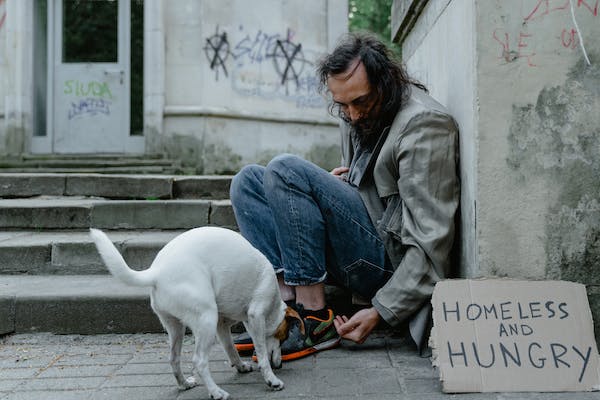Featuring Kirk Chisholm LMSW, CASAC, RevCore’s Clinical Director
Q: I have an uncle who has been homeless for over a year now. He’s also struggled with a drug addiction for a couple of years. Even though my family has intervened, we haven’t been able to get him off the streets. How can people like my uncle overcome both drug addiction and homelessness at the same time?
A: When faced with the heartbreaking reality of a loved one struggling with homelessness and drug addiction, it’s common to ponder the chicken-or-egg scenario: which came first? The answer, however, is not straightforward. Homelessness can exacerbate the stressors that lead to drug abuse, while drug addiction can be a catalyst for losing one’s home. This cycle can be vicious and complex.
RevCore is deeply aware of this cycle, which is why we and our community partners have a multi-pronged approach to treatment. Here are some of the most common and effective services for those in your uncle’s situation:
1. Housing First Initiatives: This approach prioritizes providing the homeless with stable housing without preconditions such as sobriety or participation in treatment. Once housing stability is achieved, individuals are more likely to engage with drug treatment programs successfully.
2. On-Site Therapeutic Support Services: Some housing programs and shelters invite substance abuse counselors, mental health professionals, and social workers on-site. This integration ensures that residents receive holistic care tailored to their specific needs.
3. Dual Diagnosis Treatment: Many individuals battling addiction also suffer from mental health disorders. Dual diagnosis programs are designed to address both mental health and substance use disorders simultaneously, acknowledging the complex interplay between the two.
4. Community Reinforcement Approach (CRA): This behavior-based treatment model involves community support and positive reinforcement to encourage individuals to abstain from drug use. CRA often includes vocational training and social support networks, which are crucial for individuals rebuilding their lives.
5. Peer Support Groups: Support from those who have experienced similar challenges can be incredibly empowering. Peer support groups within the homeless community can offer understanding, shared experiences, and practical advice for managing addiction.
Each method brings unique advantages to the healing process, which is why RevCore is such a strong advocate of multifaceted support systems. Please don’t hesitate to reach out to RevCore for further guidance on your uncle’s situation. We extend our deepest hopes for your uncle’s recovery and encourage you to explore available resources!
